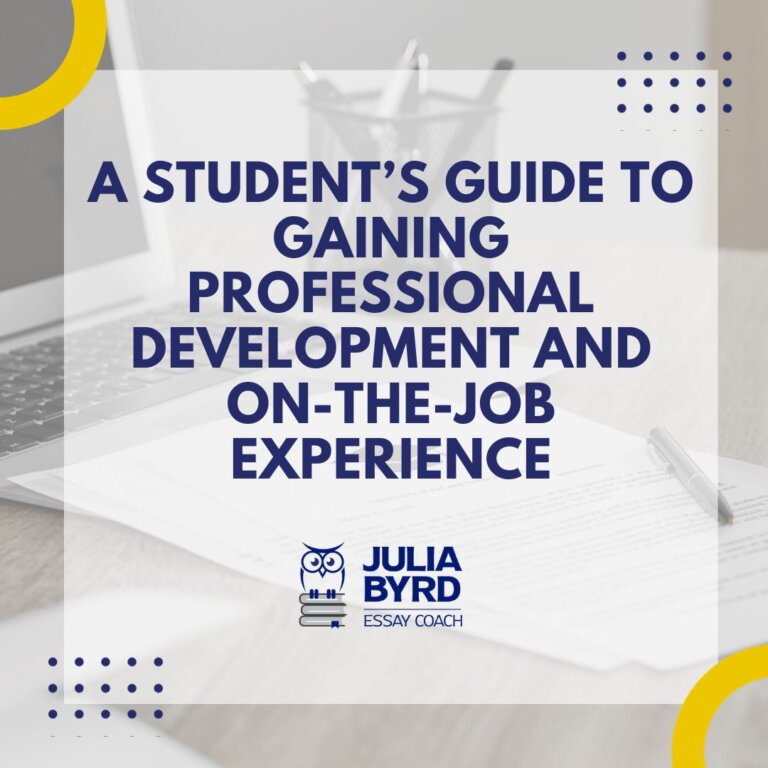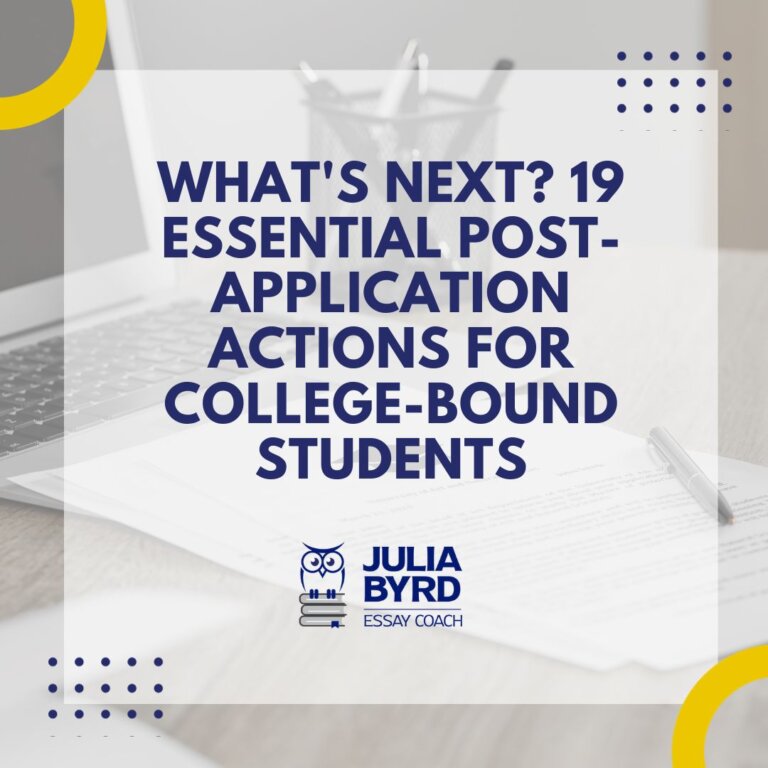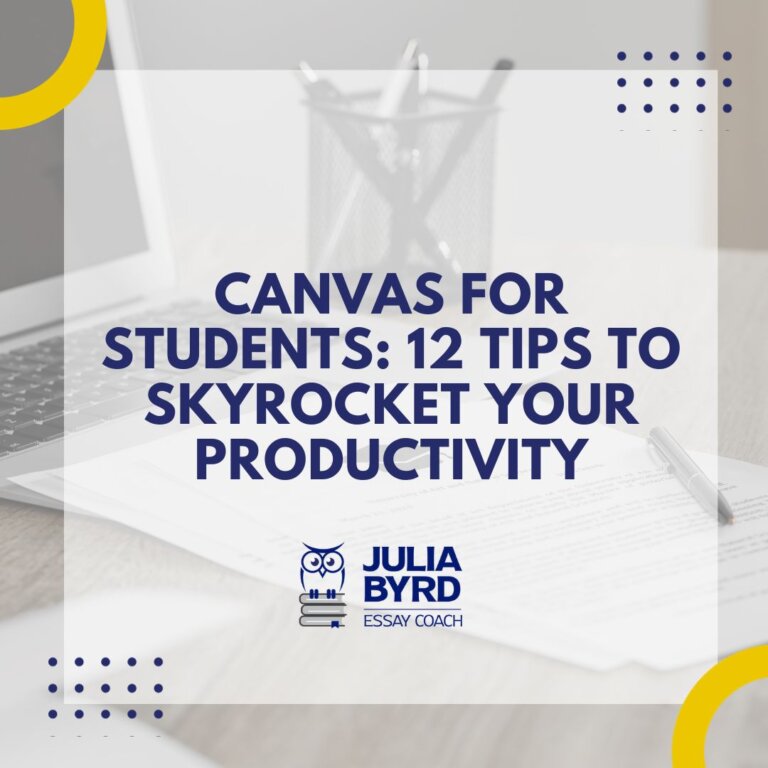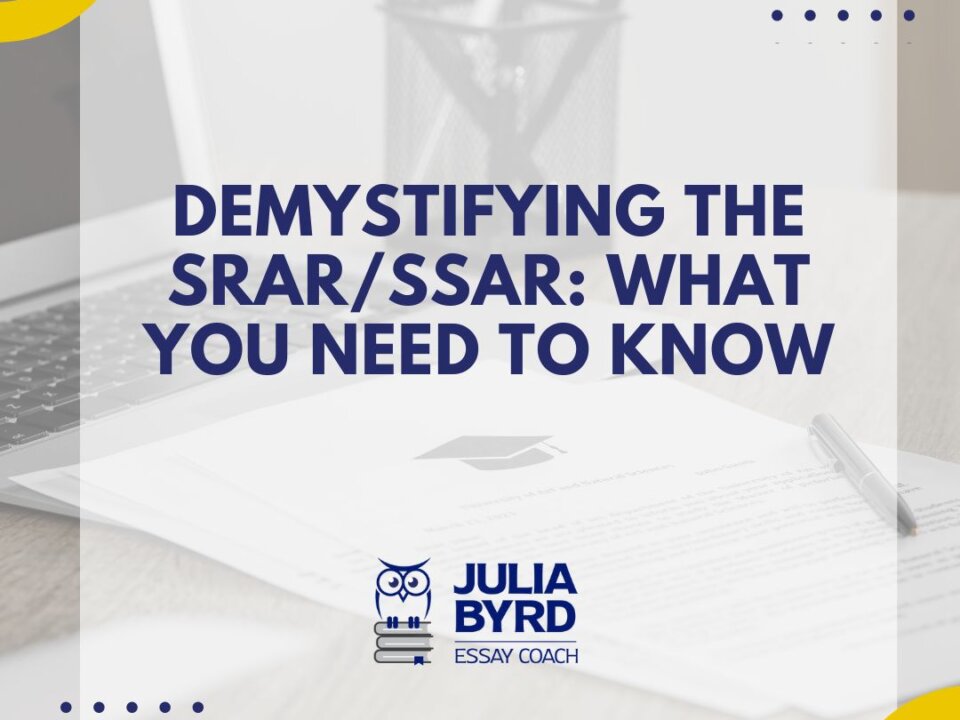College Application Advice From Former Admission Officers


The college admission process is more than a little mysterious. We all know that it happens, but we don't always really know how or why it happens the way it does. While every student, every school, every application, and every admission cycle is different, there are some lessons to be learned from those who have been right in the thick of it. When I tuned in the other day to a webinar featuring three former admission officers offering college application advice — discussing GPAs, essays, and the overall college application — I knew a lot of it would be familiar. But, as always, there were new things to learn.
The biggest reminder (and what always feels surprising to me)? The panelists agreed that reviewers often take just 10 minutes (or fewer) to review your entire application. That's just 600 seconds for you to make enough of an impact on the admission officer to keep your application moving forward. While that's understandably frustrating (and nervewracking) for you, having a little bit of insider insight will help you craft your application.
So let's not waste any more time. Let's dive in to the pieces of advice about your college application these former admission officers have to offer. Keep in mind, however, as you read that every admission officer (and every school) has different criteria when reviewing applications and there are few, if any, absolutes when it comes to making admission decisions.
What Are the Three Most Important Parts of the Application?
The panelists all agreed that GPA is the first thing they looked for on an application and that grades are the most important factor when making an admission decision. Essentially, if your GPA doesn't fall within the school's target range, your application could be declined right then.
If your GPA is within range, admission officers will consider your GPA within the context of your performance in the courses you have available to you (e.g., you won't be penalized for not taking numerous AP courses if your school just doesn't offer them), and they're also comparing your grades with the rigor of your school and the academic achievement of your peers.
Aside from GPA, the second factor the panelists looked at was community: How you engage with your community that will enhance their community.
Besides GPA and community, admission officers are looking for your application to tell your story, the panelists emphasized. Of course, this story will be just a snapshot of 12th grade alongside a more complete picture of grades 9-11. But even with this somewhat limited time frame, admission officers expect your interests and passions will be “jumping off the page.”
After reading the application, admission officers want to be able to verbalize your story, share it with the other admission officers, and understand how you will enhance and fit into the campus community. If admission officers can't determine this? They'll consider your application “incomplete” (figuratively, not literally).
Overall, they said the best applications will tell the story of the student. So that's your goal: if you really want to attend a school, you need to show in your essay you want to be there — that you have the skills, values, and characteristics that will make you an asset to their community.
As the next piece of college application advice, the volume of activities you participate in, the panelists said, is far less important than the sustained engagement in the things you're passionate about. In other words, they want to see you go deep into an activity you love (e.g., taking on increased leadership roles or involvement in that one activity) instead of trying to fill your resume with being just a “member” of many different activities.
And while the panelists realize that some activities may still have some COVID restrictions in place, making it difficult to participate, now is still a great time for rising juniors and seniors to try (or try to try) new activities and see if they can find something they love (while still staying focused on academics, of course!).
The Importance of a Balanced College List
It's easy to get carried away with applying to highly rejective schools like the Ivies — in a test-optional environment, you may be tempted to apply to schools well out of your reach simply because you can. Instead, it's important to work on developing a balanced college list that's also an exciting one. Temper your dreams with reality and find right-fit schools. The panelists' college application advice? Apply to the schools you'd love to attend (and who'd love to have you) and whose academic profile you fit.
Ask Now for Those Letters of Recommendation
While not every school will require a letter of recommendation, if the school does require it, your application will be incomplete (quite literally, this time) without it.
If it's the spring or summer before your senior year, make sure you've created a resume and have identified two or three teachers who are willing to write your letters of recommendation.

Greatest Myths About the Application Process
Not everything works out the way you think it's going to.
On paper, you might look like the perfect fit for a school. So why wasn't your application accepted?
Here's a great piece of college application advice. First, the panel said to not look at it like a failure. It isn't. You don't know what's going on behind the scenes with the person reading your application, the internal mandates a school might need to abide by, or what a school is looking for as an addition to their student population. They're not rejecting you (no matter how much it feels like it); instead, they're just rejecting an application.
Submitting Essays as Part of Your Application
About Your 650-Word Personal Statement
Many students think the essay has to be about something tragic or traumatic (a “rise from the ashes” kind of story). And you may think there's nothing remarkable about you or that you haven't gone through any “major” life events — so you have nothing to write about. Nothing could be further from the truth.
What this panel emphasized was that in the essay, admission officers just want to learn who you are and what you love, what makes you tick, and what makes you, you.
Completing the Common App's COVID-19 Essay
While the Common App‘s optional 250-word COVID-19 essay is still available for students to document challenges they faced during COVID, it's important to really evaluate whether or not you should complete this essay.
Admission officers don't want to read about how students weren't able to play a sport or attend in-person classes. They realize that virtual learning and missing out on activities (and everyday life) was a part of almost every student's high school experience during COVID-19.
Instead, use this essay as a chance to document unusual experiences you had, challenges you faced, or opportunities you had.

The Importance of the “Why Us” Essay
If there is a “Why Us” essay (an essay that asks you to explain why you want to come to a particular school), then be very clear about why you want to be part of their community. Dig deep into the school's website and take some notes about the classes, activities, and staff that appeal to you.
How Important Are the Essays?
Overall, the essay alone will rarely, if ever, be enough to get you accepted into a school if you don't already meet their target academic profile. One example of a potential exception, they said, would be if the essay of an underrepresented student gave additional insight or context that wasn't otherwise present in the application. Even so, essays are rarely the “golden ticket” — and they're even less so for highly rejective institutions.
On the other hand, essays can be very important when a student is applying to an on-target school. In fact, they can be the differentiator between accepting you or another applicant with similar demographics and a comparable academic profile.
But what makes a great essay? The panel agreed that a great essay will show your ability to write (and that your skills are on par with the institution you're applying to) and that it's a well-written sample. That means it's been proofread, it follows grammatical rules, it answers the prompt, and it offers insight as to who you are.
When it comes to topics, the panel encourages students to write about anything you feel has impacted your high school journey. If it's important to you, it's worth the space to share.
It's true: admission officers will know if a student didn't write their own essay. Admission officers simply want to hear your genuine voice.
If you want to make sure your essay is hitting the mark and complementing your application, get your copy of “How to Self-Edit Your Admission Essays.” In it, you'll learn how to:
- Eliminate common writing mistakes
- Review your essay confidently
- Become a better writer
- Gain skills that last well after application season
- Be confident in the essays you submit










